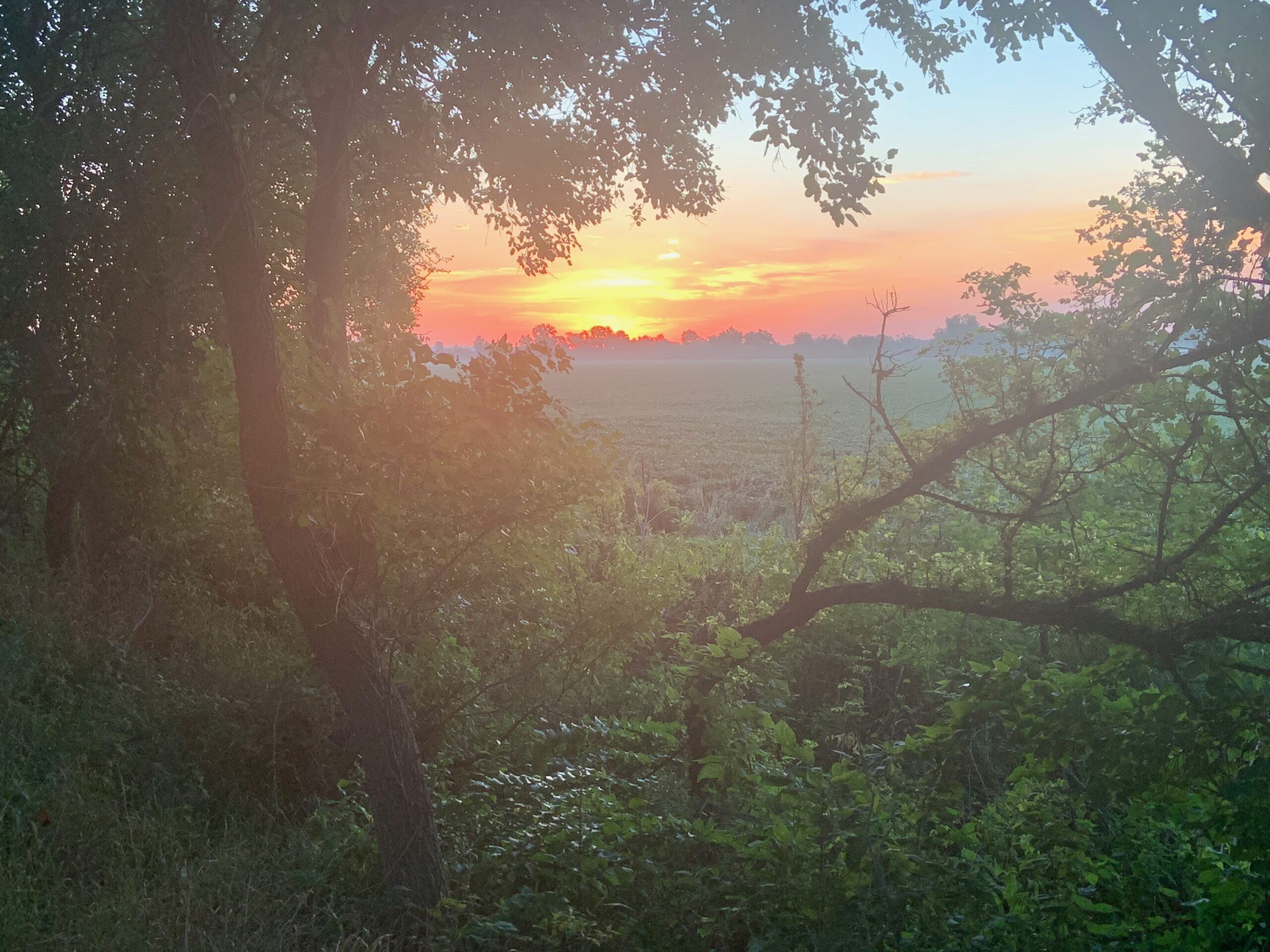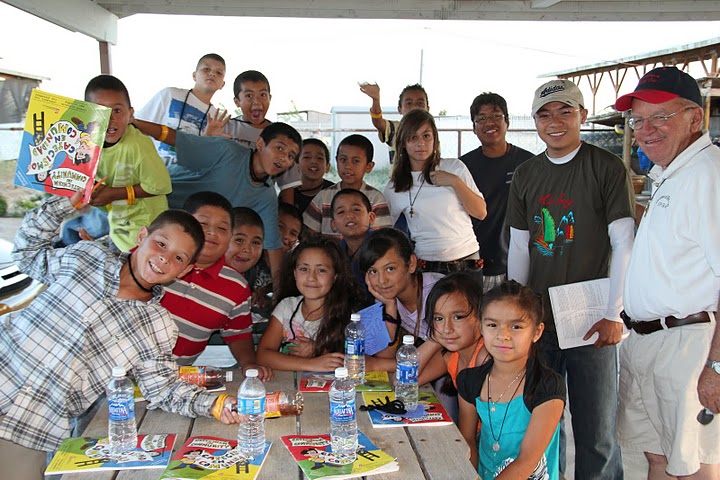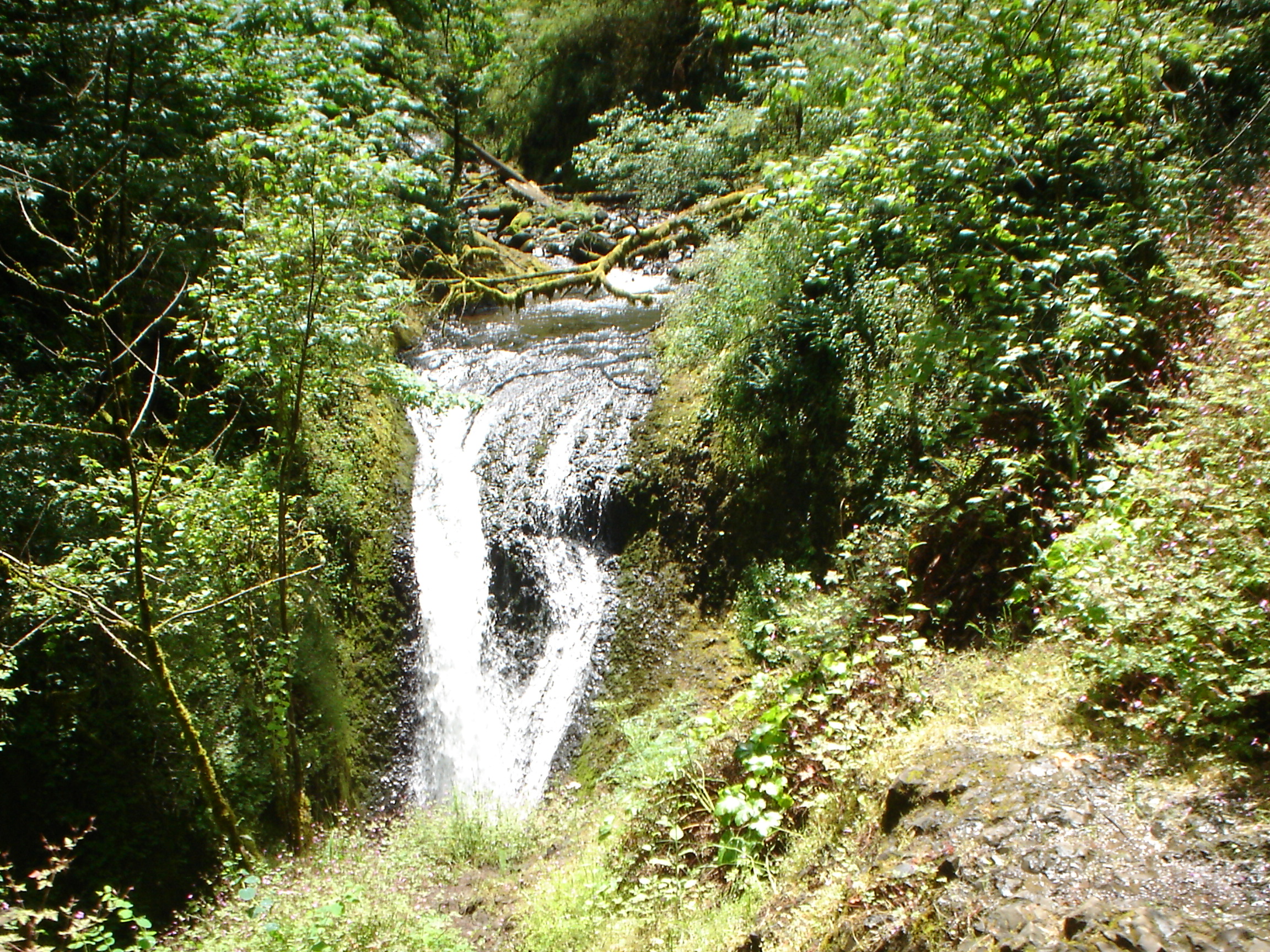Un Nuevo Camino – A New Direction: Bautismo de Jesús – Baptism of Jesus
Bautismo de Jesús
La temporada navideña se cierra litúrgicamente con el bautismo de Jesús. Es el bautismo de Jesús el que inicia su vida y ministerio público. Como se le presenta, la primera lectura de la fiesta proviene de Isaías con Dios identificando a su elegido.
Aquí está mi siervo a quien sostengo,
mi elegido con quien me complazco,
en quien he puesto mi espíritu;
traerá justicia a las naciones,
sin llamar, sin gritar,
sin hacer oír su voz en la calle.
la caña cascada no quebrará,
y la mecha que humea no apagará,
hasta que establezca justicia en la tierra;
las costas esperarán su enseñanza. (Is 42:1-4)
En Lucas 7:24, Jesús pregunta: “¿Qué saliste a ver al desierto?” Dijo, “un profeta y más que un profeta”. Si Jesús salió al desierto para ver a un profeta, llegó a comprender que él era el elegido de Dios. Desde el momento de su bautismo, respondió al Espíritu saliendo a predicar la “buena nueva” a los pobres.
¿Quiénes son los pobres?
Es fácil identificar la pobreza económica en un mundo de tanta injusticia económica. Es fácil identificar el abandono y el aislamiento que sienten los presos, los migrantes del mundo, los oprimidos por su clase, raza y religión. La salud y la edad crean situaciones de dificultad. Como misionero redentorista que trabaja con los pobres de muchas maneras a lo largo de los años, a menudo he encontrado el consuelo de estar trabajando con los pobres. Una de las luchas en la vida religiosa es el sufrimiento de los hombres en nuestras comunidades cuyo ministerio no es con los económicamente pobres. A menudo, discutimos la pregunta “¿quiénes son los pobres?” ¿Podemos aprender lecciones sobre los pobres a partir del año 2020?
¿Y si reconociéramos que todos somos pobres? Una pandemia y un mundo dividido por motivos de raza, política y religión revelan una pobreza que todos compartimos. A veces, la mayor pobreza es la falta de conciencia de uno mismo. COVID19 no ha eximido a nadie de sus efectos. El aislamiento, la cuarentena y la reunión con los seres queridos nos hace reconocer nuestra falta de control de tantas cosas en nuestras vidas. Si Jesús vino a anunciar buenas nuevas a los pobres, reconocemos que vino para todos. Uno puede escapar de la pobreza económica, pero todas las personas caen en la preocupación de Jesús.
El bautismo de Jesús nos invita a considerar nuestro propio bautismo. Cuando el espíritu descendió sobre él, el espíritu desciende sobre aquellos a quienes bautizamos.
(Mañana: bautizar a todas las naciones)
Baptism of Jesus
The Christmas season closes liturgically with the Baptism of Jesus. It is the Baptism of Jesus that initiates his public life and ministry. As he is presented, the first reading for the feast comes from Isaias with God identifying his chosen one.
Here is my servant whom I uphold,
my chosen one with whom I am pleased,
upon whom I have put my spirit;
he shall bring forth justice to the nations,
not crying out, not shouting,
not making his voice heard in the street.
a bruised reed he shall not break,
and a smoldering wick he shall not quench,
until he establishes justice on the earth;
the coastlands will wait for his teaching. (Is 42:1-4)
In Luke 7:24, Jesus asks, “What did you go out to the desert to see?” He said, “a prophet and more than a prophet.” If Jesus went out to the desert to see a prophet, he came to understand his own being God’s chosen one. From the moment of his baptism, he responded to the Spirit by going out to preach the “good news” to the poor.
Who are the poor?
It is easy to identify economic poverty in a world of so much economic injustice. It is easy to identify the abandonment and isolation felt by prisoners, the migrants of the world, those oppressed because of class, race, and religion. Health and age create situations of hardship. As a Redemptorist missionary working with the poor in many ways over the years, I have often found consolation that I am working with the poor. One of the struggles in religious life is the suffering of men in our communities whose ministry is not with the economically poor. Often, we discuss the question, “who are the poor?” Can we learn lessons about the poor from the year 2020?
What if we recognized that we are all poor? A pandemic and a world divided because of race, politics and religion reveals a poverty that we all share. Sometimes the greatest poverty is a lack of self-awareness. COVID19 has not exempted anyone from its effects. Isolation, quarantine and of gathering with loved ones makes us recognize our lack of control of so much in our lives. If Jesus came to announce good news to the poor, we recognize that he came for everyone. One may escape economic poverty, but all people fall into the concern of Jesus.
The baptism of Jesus invites us to consider our own baptism. As the spirit came upon him, the spirit comes on those whom we baptize.
(Tomorrow: Baptize all nations)





